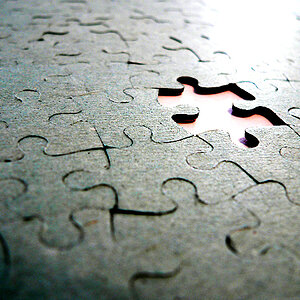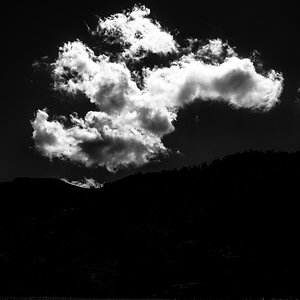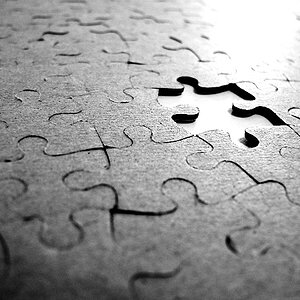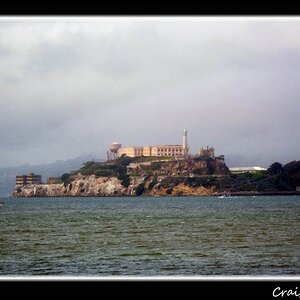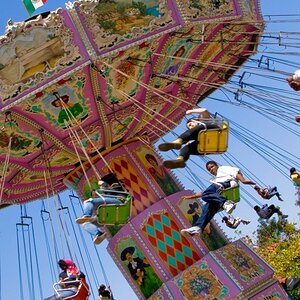carvinrocks2
TPF Noob!
- Joined
- Jul 12, 2010
- Messages
- 91
- Reaction score
- 0
- Location
- Oklahoma
- Can others edit my Photos
- Photos OK to edit
Have any of you all had experience with getting photos developed and getting a photo cd? Are the photos on the cd great quality or basically snap shots? I had plan to buy a Canon scanner but I found a good deal on a Canon SLR Digital and I'm getting that instead. I do still plan on using the Nikon N2000 and I'm wondering if I could avoid the $100 for a good scanner.



![[No title]](/data/xfmg/thumbnail/41/41932-53eeba896d5bf8f132e52d5277f94ce2.jpg?1619739946)
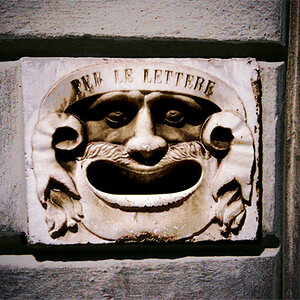

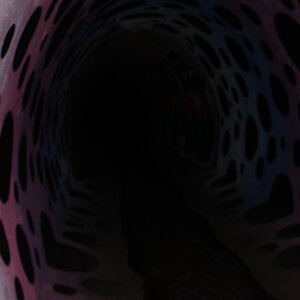

![[No title]](/data/xfmg/thumbnail/36/36396-f8e84def7352af726df923054b86284f.jpg?1619737549)
